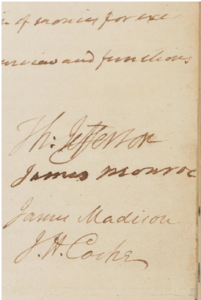by Jon Baliles
I won’t do a “Top Stories of 2022” list for this newsletter, but if I did, one of them would surely be the collapse of the Enrichmond Foundation and the radio silence on all fronts concerning its finances, the groups that depended on it, their assets, and the two historic Black cemeteries in its portfolio — Evergreen and East End Cemetery.
The important question is not so much what happened in 2022 (although that is important); the critical next steps — should anyone decide to take them — are what will happen in 2023?
A brief recap from the October 14 newsletter: “The Enrichmond Foundation was founded in the early 1990s and had grown to support more than 80 small, local, all-volunteer groups that worked to help Richmond in various ways, many of which focused on keeping the City green and clean. Enrichmond allowed the groups to use their insurance coverage and raise tax-free donations, served as a fiduciary for the funds each group raised, and distributed those funds as directed by the groups.
Suddenly in June, the Foundation announced a cessation of operations, leaving no transition plan. The Board voted to dissolve the Foundation but left no accounting of the funds it had in its accounts, and then within weeks the lawyer representing the Board stepped away from his role as counsel.
None of the “leaders” at City Hall has said anything about this. Not. A. Word.
The City’s Parks & Recreation Department has been able to assist some of the organizations, but there are so many they can’t do it all themselves. That’s why the Foundation existed. It is known that the amount of money held in trust for the various “Friends Of” groups is anywhere from $300,000 to $3 million, though I have been told recently that it is closer to the lower estimate.
While the City dawdles, how are these small “Friends Of” groups to do the important work they do (much of it is environmental) if they can’t access their donations? How can they raise money if they have no place to put it? The more this drags out, it is a safe bet those groups will lose volunteers, who will put their time toward other causes. Continue reading



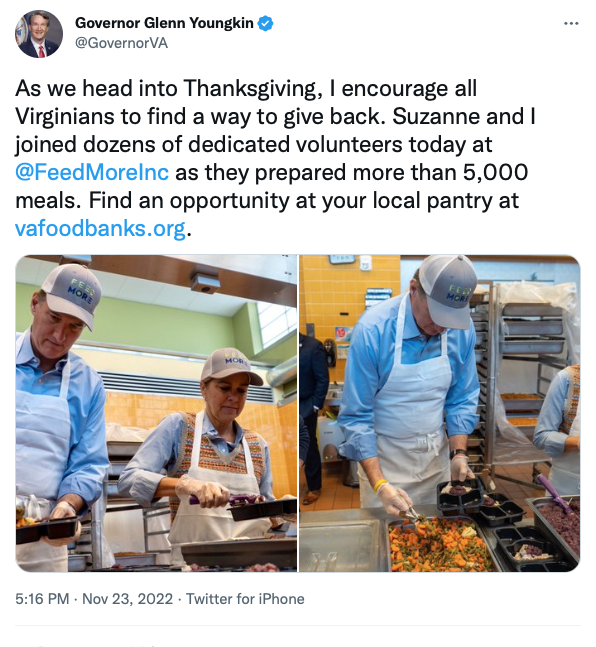

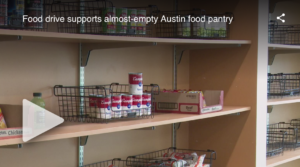
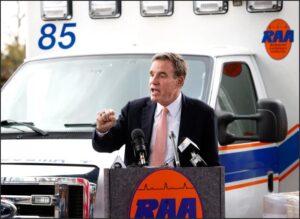



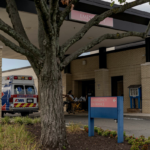
 by Dick Hall-Sizemore
by Dick Hall-Sizemore by James C. Sherlock
by James C. Sherlock by James C. Sherlock
by James C. Sherlock